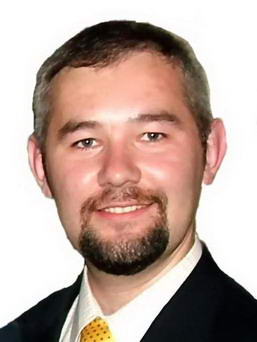
Cultural Anthropology
-
- Course Duration:
- February-May 2010

At the Center for Urban History, Yaroslav Kit, Doctor of Philosophy and lecturer at the Ukrainian Catholic University, will conduct a seminar-lecture course titled "Cultural Anthropology." The course falls within the framework of the master’s program for students of the humanitarian faculty at the Ukrainian Catholic University, for the educational-qualification level in preparation of the master’s degree.
The main goal of the course is for students to acquire the knowledge, skills and experience necessary so they can professionally teach cultural anthropology in institutions of higher learning, as well as form a basic understanding of the concepts of "culture," "individual," "inheritance in culture," "ethnic culture," "cultural genesis."
The aims of cultural anthropology as an academic discipline are the intensification of cognitive independence; acquiring essential knowledge about the theory of anthropology from abroad; determining the primary problems in cultural anthropology; forming an understanding of modern cultural problems and their development; developing skills for comparative analysis of various cultures and different cultural environments.
The course focuses on the individual works of students on proposed themes, debates and discussions during seminars. Students should know how to individually express and analyze key aspects of culturalogical theories and analyze the concepts of anthropologists from different schools.
Themes:
It is anticipated that two practical seminar-excursions will be conducted in the central part of Lviv (two hours) in which the aspects of various cultures, their influence, urban semiotics and daily life will be compared.
Students will receive selections of texts in an electronic format (fragments of monographs, academic publications) so they may individually work and prepare for the lessons.
During the course, visual elements will be used from the following sources: